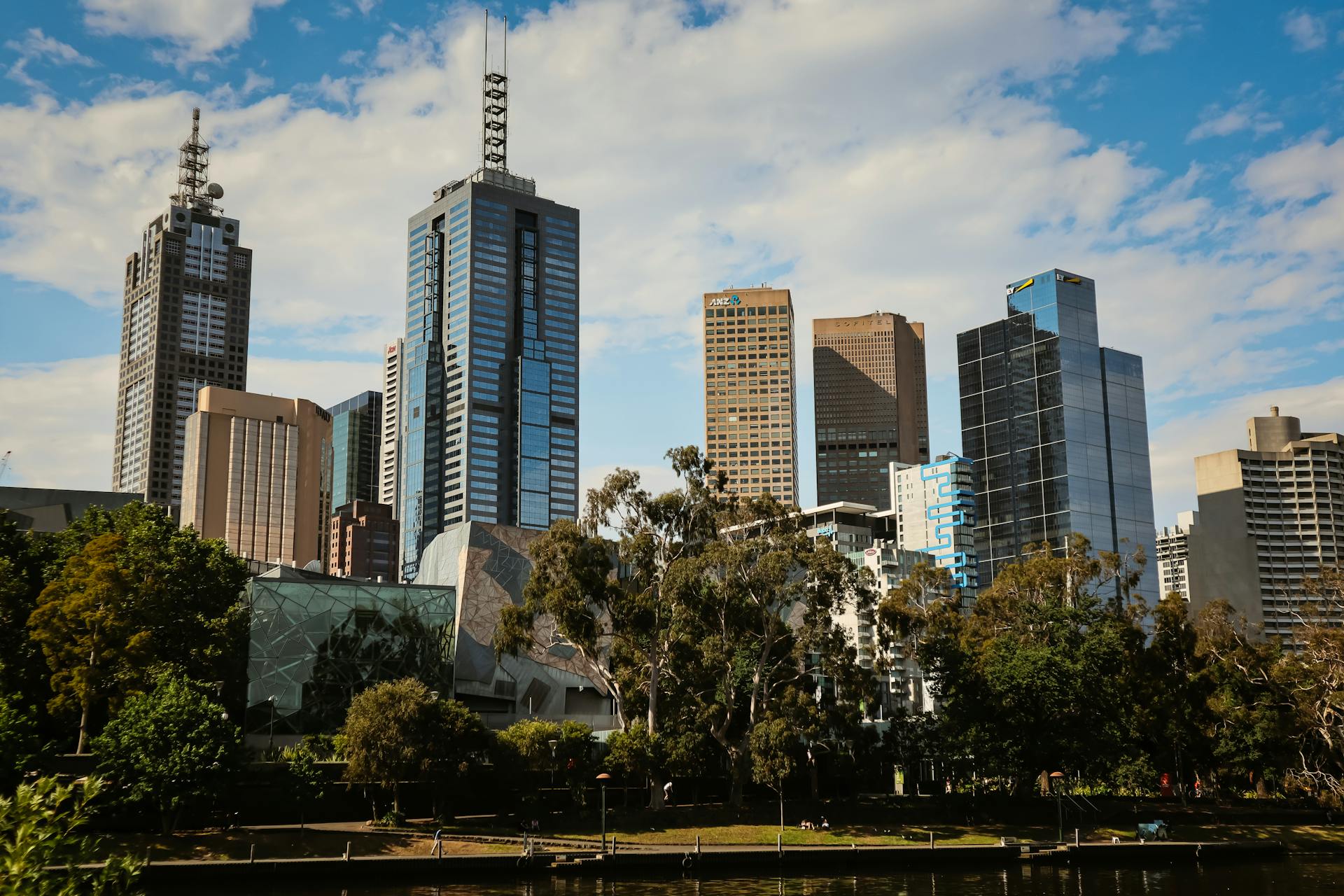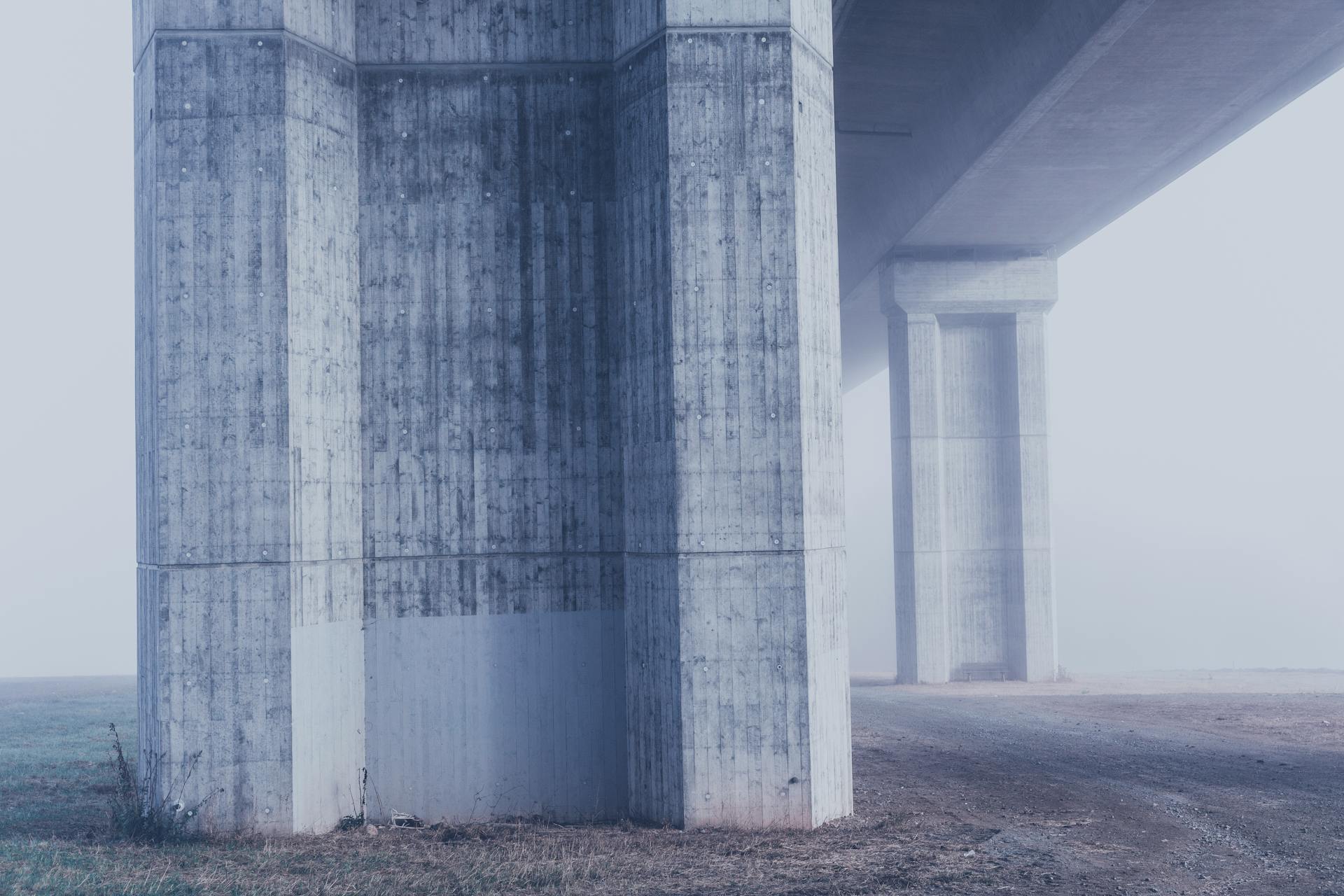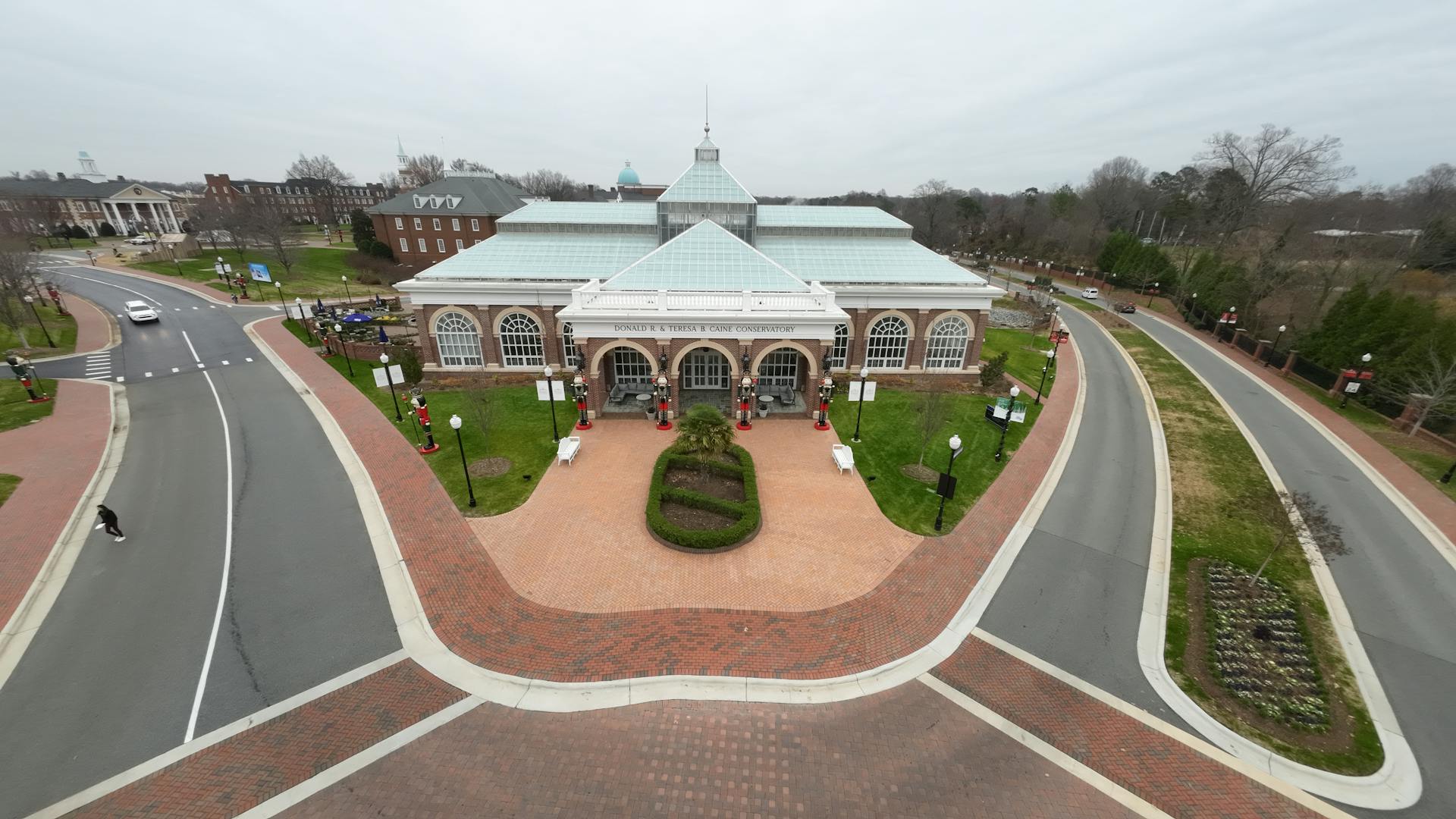
In recent years, prefab buildings have been making headlines for their speed and efficiency in construction. One particularly impressive example is a modern prefab building that was constructed in just three days. This innovative method of building is revolutionizing the industry, and it's not hard to see why.
Plant Prefab, a company that specializes in designing and installing custom-designed homes, teamed up with Metro Architects to create this stunning California townhouse development. The end result is a sleek, contemporary structure that blends seamlessly into its surroundings. Thanks to Plant Prefab's expertise in constructing prefab buildings made off-site, the entire project was completed in an astonishingly short amount of time. In this article, we'll take a closer look at how this modern prefab building came to be and what makes it stand out from the rest.
Discover the Advantages of Prefab Buildings Made from Steel!
"Prefab buildings made from steel are an excellent choice for those who need a quick, affordable, and durable building solution. Steel is one of the strongest materials on the planet, which makes it an ideal choice for construction. Prefabricated steel buildings can be erected in a matter of days or weeks, depending on the complexity of the design. This fast turnaround time means that businesses and individuals can get up and running quickly without having to wait months for traditional construction methods to finish."
Innovative Uses of Steel Buildings in Commercial Settings

Innovative uses of steel buildings in commercial settings have expanded greatly with the rise of prefab building technology. These structures can be designed to fit a variety of commercial building applications including warehouses, retail spaces, and even office buildings. With the flexibility of custom design options, companies are able to create unique and innovative spaces that meet their specific needs. The durability and strength of steel also make it an ideal material for harsh environments or areas prone to natural disasters. The use of sustainable materials and energy-efficient features further add to the appeal of these modern prefab buildings.
What are prefabricated commercial buildings (prefab buildings)?
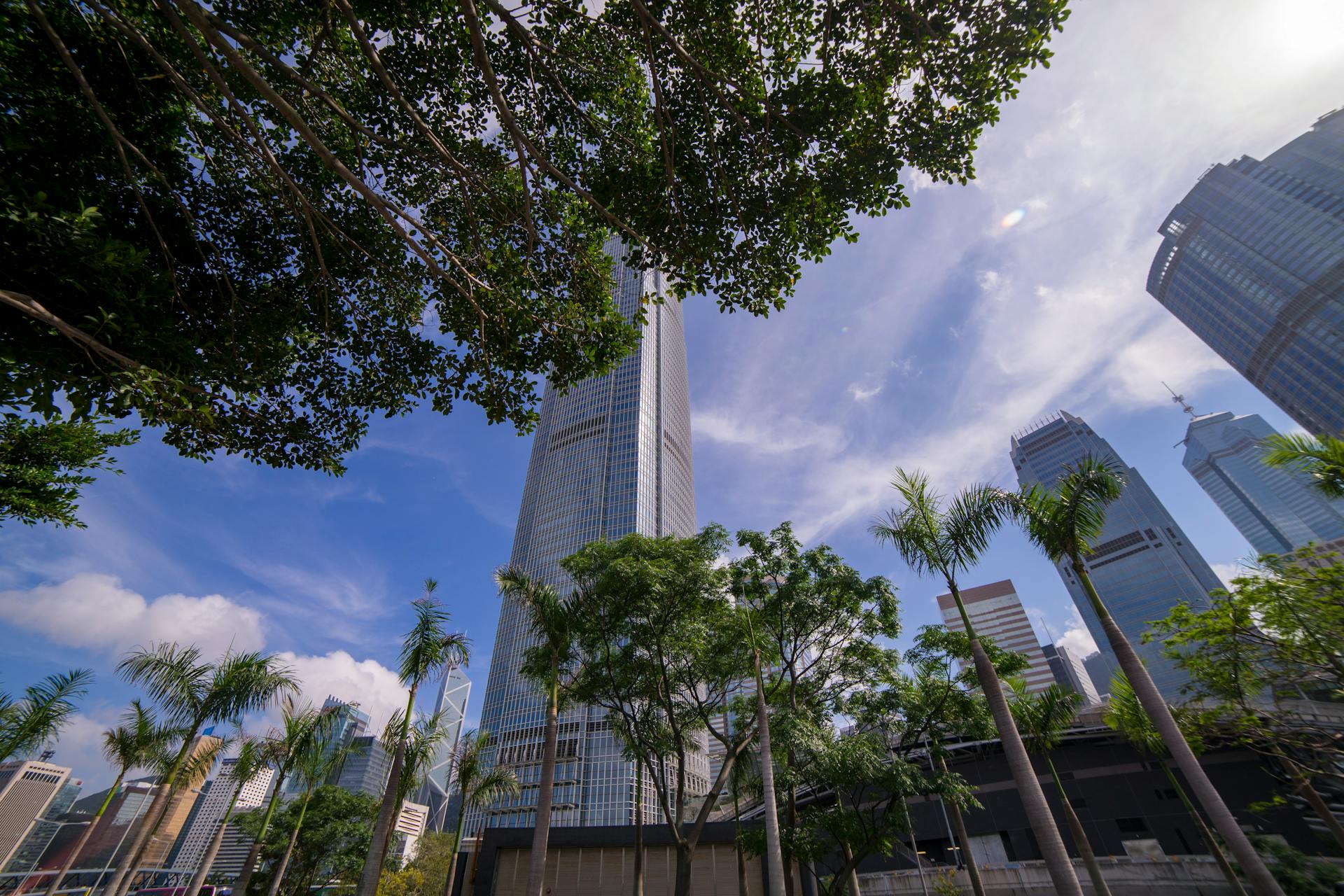
The term prefabricated buildings refers to off-site manufactured buildings that are pre-built in a factory-like setting. Prefabrication refers to the process of constructing structural components of a building in a factory setting, where they are pre-engineered, designed, cut, drilled and painted before being transported to the construction site for on-site assembly. The biggest categories of prefab buildings include steel building construction and designated prefab structures.
To understand prefabricated buildings, imagine a production line in a factory where walls, roofs, floors and other building elements are pre-made according to the exact specifications of each project. These pre-built elements enable quick and easy assembly on site as they fit together like puzzle pieces. This way, construction time is greatly reduced as preliminary research, design and engineering work can be done ahead of time in the factory.
The term prefab has been thrown around for years when referring to pre-engineered steel buildings. These types of structures have become popular due to their low cost, durability and versatility. They can be used for anything from warehouses and storage facilities to offices and retail spaces. With designated prefab structures becoming more popular for commercial use, it is easier than ever before to construct a commercial building with all the bells and whistles while still saving money on materials and labor costs.
Available prefabricated steel building sizes
Prefabricated metal building kits offer a range of sizes and styles to fit any construction project. Lighter gauge tube-frame kits are available for smaller buildings, while commercial grade materials and cold form i-beam structures are used for larger buildings.
Pre-designated sizes with optimized bay widths, lengths, and floor heights, designed engineered to meet important local building codes conditions, ensure maximum system efficiency building. Whether it's a small storage shed or a large industrial warehouse, the 20-25 bay width increments make it easy to find the right metal building kit size. And with 3D building designer tools and real-time pricing options, self-checkout options make it easier than ever to get your project started quickly.
Prefab Buildings | Commercial and Industrial
Prefabricated buildings are becoming increasingly popular in commercial and industrial settings. These buildings are made from prefabricated steel building sizes that are designed to fit specific needs. This means that companies can get the exact size and shape of building they need without having to invest in a custom-built structure.
There are many commercial steel building applications for prefabricated steel buildings. They can be used as warehouses, storage facilities, retail stores, office spaces, and more. The versatility of these buildings is one of their biggest advantages, as they can be customized to fit a wide range of needs.
Allied's prefabricated commercial steel buildings are a great option for businesses looking for an affordable and efficient solution. Their steel building components are made from high-quality materials that ensure durability and longevity. With competitive prefabricated steel buildings cost, Allied Commercial is a great choice for any company looking to invest in a new building.
Discover the Affordability of Pre-made Steel Structures
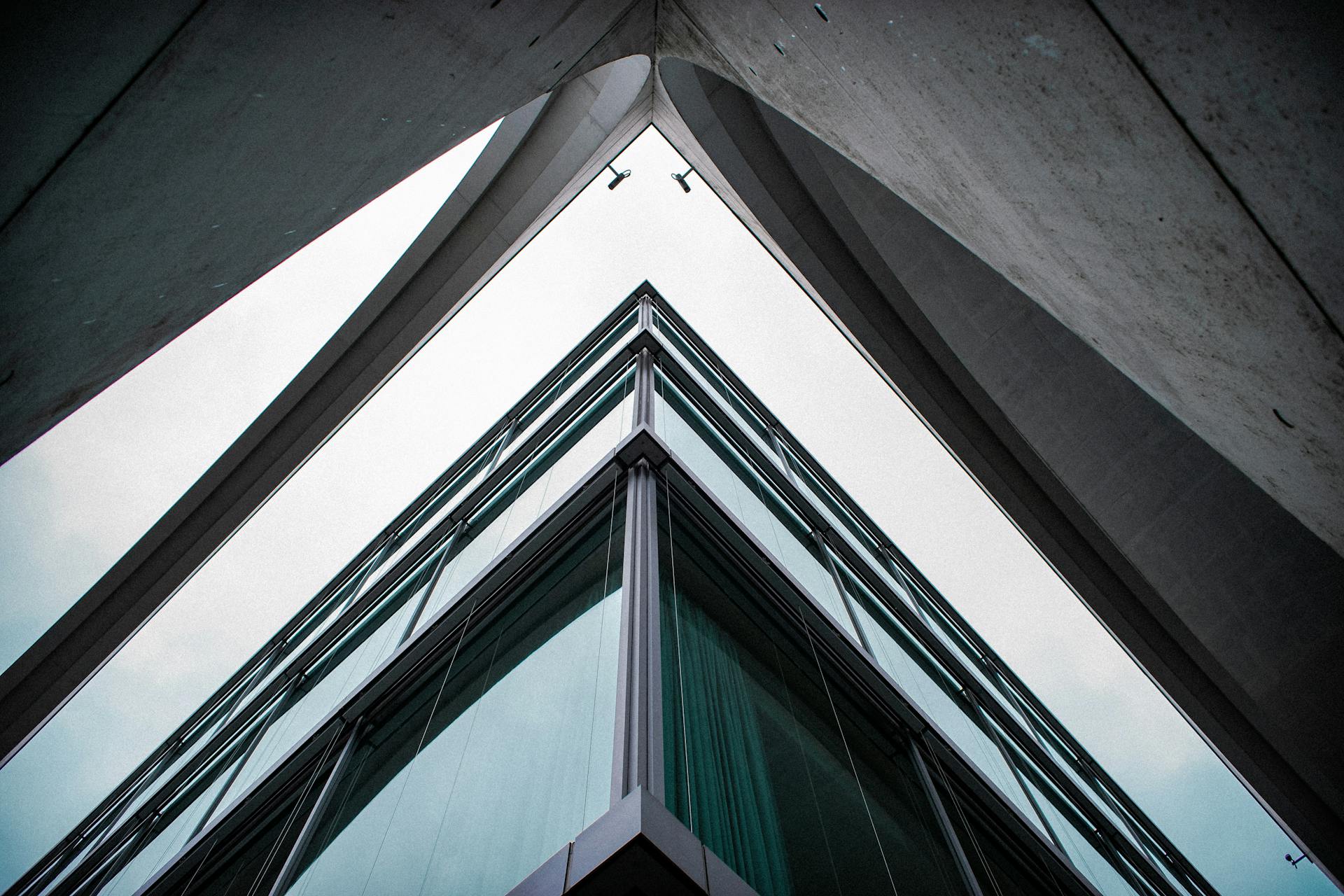
Are you considering building a steel structure? It's a difficult question to answer, but we've got an answer that you'll want to read. The affordability of pre-made steel structures is something that can't be ignored. With a wide range of basic factors affecting the cost, such as building design, steel fuel costs, buying power and custom features, it's important to understand what affects the price.
The base steel building cost doesn't include interior buildout or exterior finish products. Additionally, site work is another factor that will affect the overall commercial steel building construction costs. However, with pre-made steel structures, the cost of site work can be minimized due to the quick installation process. This means that you can save money on construction time and labor.
If you're looking for affordability in commercial steel building warehouse construction cost, then pre-made structures are definitely worth considering. With a variety of custom features available at an affordable price point, you'll be able to create your ideal workspace without breaking the bank. So why not take advantage of this affordable option and start planning your next project today!
Discover the Vital Components of Steel Buildings
When you're working on a commercial building design, you'll need to have a team of professionals on your side. This includes an architect, engineer, and building manufacturer who understand your buildings' design requirements. It's important to work with a steel buildings expert who can help guide you through the process and provide basic information about the terminology we've listed below.
In reality, they're not just steel buildings; there are many different types of structures available today. Newcomer steel buildings need to learn about the critical components that go into their design if they want to make informed decisions. From the foundation to the roof and everything in between, understanding building details is crucial for creating a structure that will stand up to time and weather.
One of the most significant benefits of prefabricated buildings is their speed of construction. However, it's essential not to sacrifice quality for speed. By knowing what goes into a steel building's design, you can be sure that your structure will meet all necessary safety standards while remaining cost-effective. With this knowledge under your belt, you'll be ready to take on any project with confidence!
1. Orientation
When it comes to prefab building, orientation is crucial. Typically, sidewalls are assembled first, followed by the buildings longest walls or end walls. The front long wall is then put in place before working clockwise to complete the 4 walls. Choosing the right orientation ensures a sturdy and efficient construction process, making prefab building a popular choice for many projects.
2. Frame Types
Frame types are an important part of prefab building because they largely influence a building's structure and width shape. The two most common types are clear span gable symmetrical frame and modular gable symmetrical frame. Clear span frames are great for retail offices and workshop facilities, while modular frames utilize internal support columns taking the load off the roof panels, making it ideal for aircraft hangars. Single slope frames make the roof higher on one side, perfect for pitched roofs in high rain areas, while the popular design of the lean-to frame can be added to an existing building for additional space or storage areas.
3. Steel Building Framed Openings
Steel building framed openings are an essential part of prefab building design. These openings can be customized to fit any size or type of large roll-up doors or walk doors needed for the building. Framed openings typically consist of a header horizontally, sill horizontally, left jamb vertical member, and right jamb vertical member which all work together to create a sturdy opening where the frame meets the structure. Full cover trim adds a polished look to the final product. At Allied Steel, we specialize in creating customizable steel building framed openings for your prefab building needs.
Frequently Asked Questions
What are the benefits of building a prefab home?
Building a prefab home offers benefits like faster construction time, lower costs, and increased sustainability.
How long did it take to build Meghan McCain's house?
The exact time frame for the construction of Meghan McCain's house is unknown, but it was designed by architect Mark Candelaria and built by Schultz Development.
How long does it take to build a prefab home?
The time it takes to build a prefab home varies, but on average it can take anywhere from 3 to 12 months depending on factors such as customization, site preparation, and weather conditions.
Is prefabrication more efficient than conventional on-site construction?
Yes, prefabrication is generally more efficient than conventional on-site construction as it allows for simultaneous work in a controlled environment resulting in reduced labor and material waste, faster completion times, and improved quality control.
How long does it take to build a 10-story building?
The time it takes to build a 10-story building depends on several factors, such as location, design complexity, and materials used. However, the average construction time can take anywhere from 1 to 2 years.
Featured Images: pexels.com

